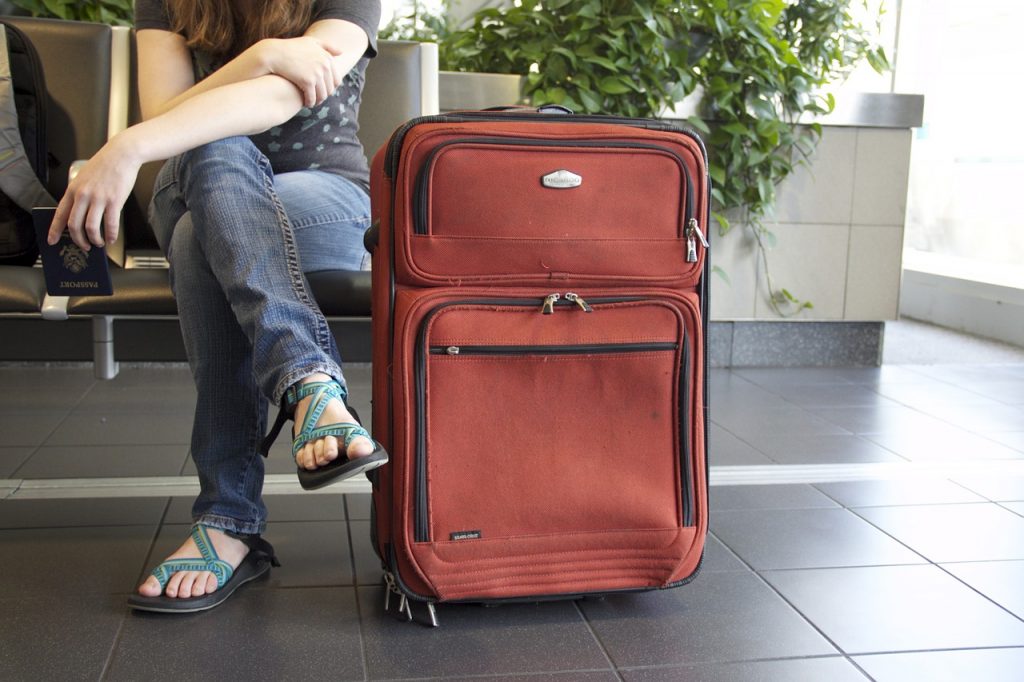Immigration
Canada will lift ban on Morocco flights

Direct flights between Canada and Morocco will resume next week.
At 00:01 Eastern Time on October 29, travellers will be able to board direct flights from Morocco to Canada, with a few additional measures, according to the Canadian government.
Travellers will need to have a negative COVID-19 molecular pre-departure test that is issued by the Government of Morocco and recognized by the European Commission. This test should be taken within 72 hours before lift off.
Discover if You’re Eligible for Canadian Immigration
Those who have previously had COVID-19 in the past and still test positive can supply a positive test result taken between 14 and 180 days before departure. Travellers who got COVID-19 before coming to Morocco must prove that they were infected in another country prior to their arrival.
Before boarding, airlines will authenticate the COVID-19 test results by scanning the digital QR codes to confirm the identity of the passenger and their test result. They will also check that travellers have uploaded their information to the ArriveCAN app.
If travellers from Morocco are coming to Canada via an indirect route, they will still need a valid negative COVID-19 molecular test from the third country where they landed.
New arrivals will also have to meet the entry requirements to Canada. Currently, non-essential travel is only open to fully-vaccinated travellers. New arrivals must come with a negative pre-departure test, proof of vaccination, and a quarantine plan even if they do not expect to use it.
Canada originally closed the border to Morocco in August as the country was hit with a surge of coronavirus cases. The first ban went into effect for 30 days, and was extended again in September.
What to know before travelling to Canada
Before coming to Canada, travellers need to use the ArriveCAN mobile or web application to submit their personal and travel information to border officials.
If travellers want to be exempt from quarantine, or travel to Canada for a non-essential reason, they will need to show that they are fully vaccinated with a Canada-approved vaccine such as: Astra Zeneca, Pfizer, Moderna, or Janssen (Johnston & Johnson).
They will also need a quarantine plan, regardless of whether or not they will use it, and a negative COVID-19 molecular test.
Those who are not considered fully vaccinated will only be allowed to travel to Canada for essential reasons, such as work, family reunification, school, compassionate reasons, or immigration. Canadian citizens and permanent residents, as well as their families, who are not fully vaccinated will still be allowed to enter, however, they may have to quarantine at home.
Official information on border crossing is available on the government website.
Discover if You’re Eligible for Canadian Immigration
© CIC News All Rights Reserved. Visit CanadaVisa.com to discover your Canadian immigration options.





















